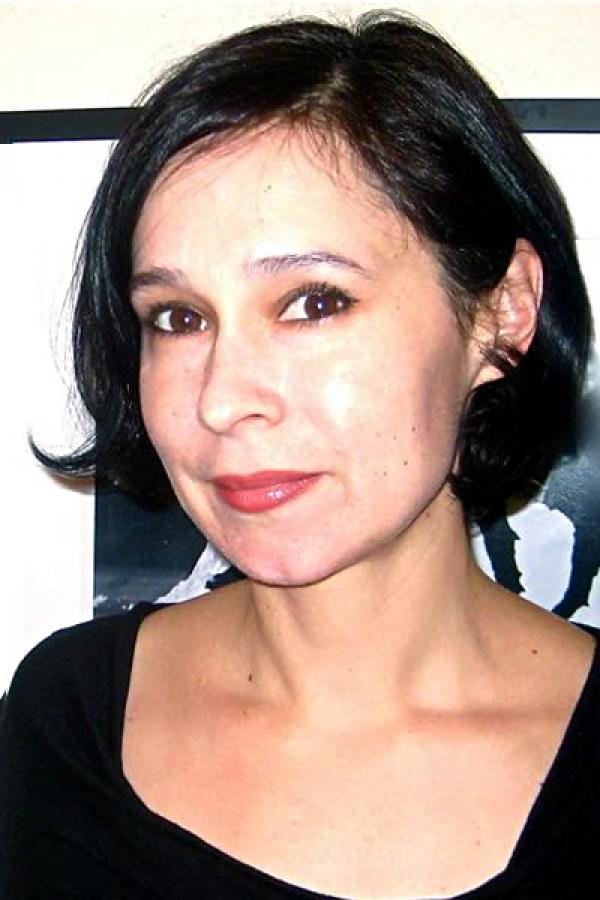Xochiqueztal Candelaria

Photo by Samantha Liapes
Bio
Xochiqueztal Candelaria was raised in San Juan Bautista, California and holds degrees from UC Berkeley and New York University. Her work has appeared in The Nation, New England Review, Gulf Coast, The Indiana Review, Afugabe: A Journal of Poetry, Seneca Review, and other journals. She has received fellowships from UC Berkeley, New York University, Vermont Studio Center, Bread Loaf Writer's Conference (2005, 2006), Hall Farm Center for the Arts, The National Hispanic Foundation for the Arts, Barbara Deming Memorial Fund, and the LEF Foundation. She was the winner of the Louisiana Literature Prize for Poetry, and the Gulf Coast Poetry Prize. She currently lives in San Francisco, California.
Author's Statement
The NEA Fellowship will allow me to take a break from teaching providing much needed time to finish a collection of poetry. I am currently concerned with the unhinged aspects of language: the slippages and false contracts, performances and promises made in public about what we call private life and vice versa. The NEA's belief and trust in my work gives me an opportunity to interrogate the shortcomings of written language, mostly with the hope of getting closer to an understanding of how words labor and inform, compliment and compete with what we call truth. I can't thank the NEA enough for this kind of vital support.
Sappho
Fragments of her poems exist, a line
sometimes eight,
one scrap found stuffed in the mouth
of a mummified cat.
Let's say we know this as we know the cat
once roamed
light-footed through a garden
of hyacinth and violets,
inking between the legs of guests,
sheer linen
dressed dancers, lute players.
Everyone drunk.
In one jump the cat lands on a white washed wall
between shards of broken glass
on a cliff giving way to the sea.
Its silver rimmed eyes
reflect the tincture of moonlight off water,
a lucency
that also falls through the branches of a fig tree
into the room of two women.
The older one
mouths something to herself over the young one's
white breasts,
something like let me see this forever
before she cries for the simple way the breasts darken
as the shadows shift.
The young lover, who will leave by morning,
turns toward
the wall, offers only her hair a dark,
a tangled nest,
the aging woman will remember,
and later call, despite the absence of light,
the evening star.
What kind of creature does this?
Reinvents the body despite the body's rejection?
Imagines dust and debris
of love's collapse to be great arms in the bed of the sky.
Who gathers
from hair constellations,
feeding them
to the hungry strays that call through the night air.

